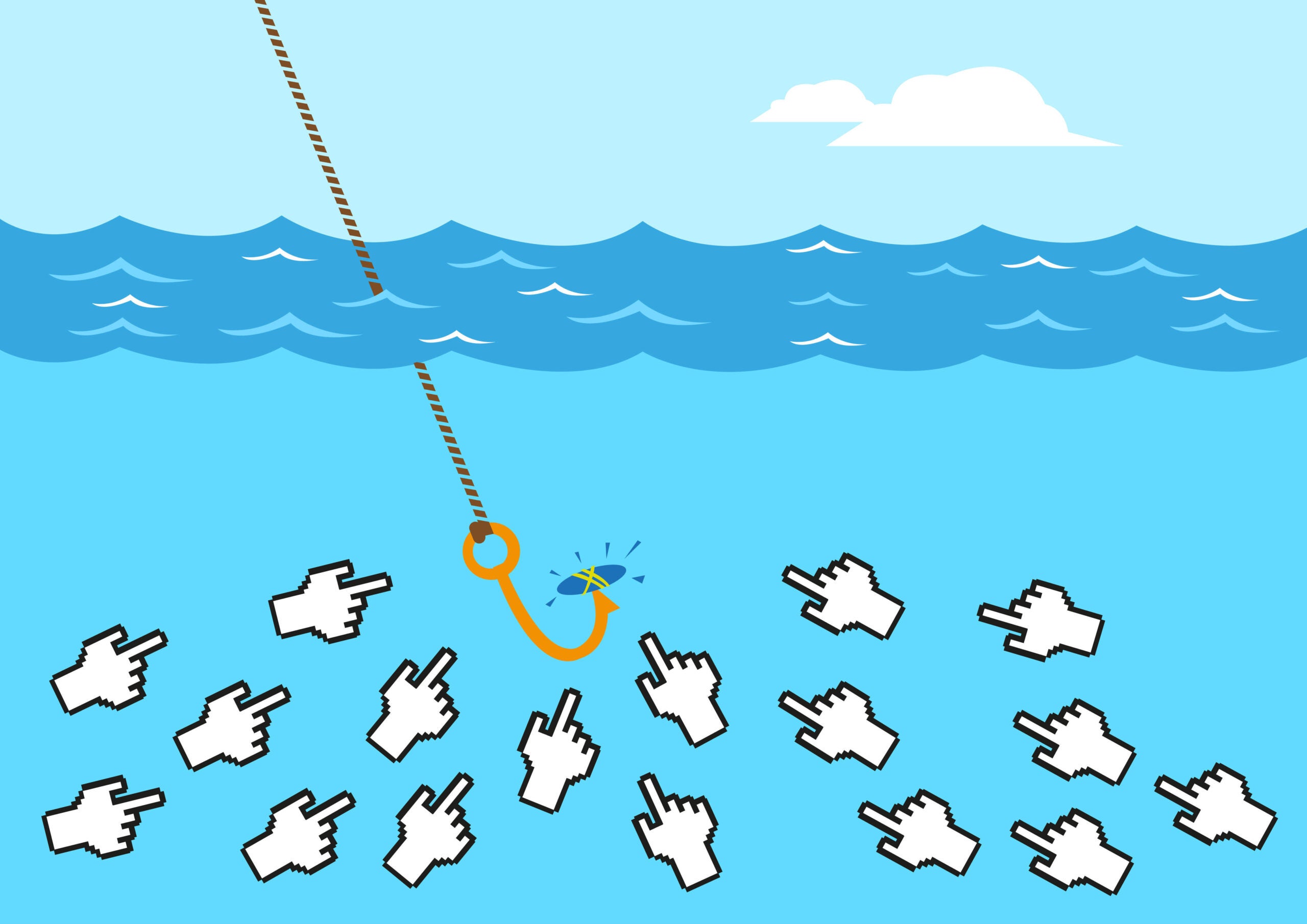Fact-checkers get facts wrong, too. The tale of the imaginary, yet high-rated bistro The Shed at Dulwich illustrates just how easy it is to hoodwink trusted sources.
And Silicon Valley tech giants don’t know what to do about it.
As fake news, reviews and hoaxes stretch across the Internet, people are increasingly challenged to find online sources they can trust.
Facebook’s latest attempt to address the fake news problem is to prioritise links in its news feed from publications its users deem trustworthy via a survey.
Unfortunately, the widespread dissemination of biased propaganda shows that the public often trusts insincere or inept media sources, meaning Facebook’s initiative could encourage fake news rather than curtail it.
Facebook also operates a fact checker program – launched in December 2016 – that targets fake news.
How well do you really know your competitors?
Access the most comprehensive Company Profiles on the market, powered by GlobalData. Save hours of research. Gain competitive edge.

Thank you!
Your download email will arrive shortly
Not ready to buy yet? Download a free sample
We are confident about the unique quality of our Company Profiles. However, we want you to make the most beneficial decision for your business, so we offer a free sample that you can download by submitting the below form
By GlobalDataPartner organisations offer mixed reviews, with some criticising the algorithms being employed to tag questionable stories and others blasting Facebook’s opaqueness regarding the program’s effectiveness.
Meanwhile, Google announced on January 19, 2018, that it is discontinuing its two-month-old Reviewed Claims fact-check feature due to issues with ‘algorithms.’
The feature came under fire after conservative news outlets alleged they were being targeted, and some of the fact checks themselves proved patently incorrect.
Such false starts are frustrating in an era where the public appears increasingly gullible.
This pervasive cluelessness was underscored by The Shed at Dulwich, freelance writer Oobah Butler’s imaginary restaurant that secured a listing on TripAdvisor in May 2017.
Thanks to fake reviews, the non-existent eatery became TripAdvisor’s top-rated London restaurant on 1 November 2017.
Butler’s prank highlighted how easy it is to manipulate supposedly reliable online review platforms upon which the public increasingly relies.
Savvy internet users know nothing screams ‘fake’ like scores of positive Yelp reviews about a particular business from commenters who have never reviewed any other business.
However, naive consumers are more likely to get sucked into the morass of fabrications found in bogus reviews and false news.
Disinformation may be no big deal when it impacts a dining decision, but is another matter entirely when it comes to selecting a doctor or voting for a political candidate.
So, what is the solution when the fact checkers and review sites are continually suckered into fostering the spread of lies and propaganda? The answer, unfortunately, is far from obvious.
Flagging disputed content, even if done appropriately, might stem the reach of some fake news, but plenty of people will still spread disinformation they agree with even if its veracity is disputed.
There are also nagging concerns regarding who is responsible for fact checking the fact-checkers. Who will pay for this activity, and with what potential political objective in mind?
As for phony reviews, much responsibility falls on the shoulders of those charged with weeding out false appraisals.
Yelp does not recommend a quarter of reviews on its site that are deemed false or unhelpful, while Amazon has sued thousands of defendants over posting phony reviews.
Yet the problem is not going away as merchants continue trying to post fraudulent reviews to boost their businesses.
As for The Shed at Dulwich, that pretend bistro has joined history’s ever-growing list of hoaxes, with modern-day swindles and pranks naturally originating online.
For now at least, the best prescription for battling the ongoing epidemic of online fakery is a very large dose of healthy scepticism.








Related Company Profiles
Google LLC
Amazon.com Inc
Meta Platforms Inc
Yelp Inc
TripAdvisor Inc